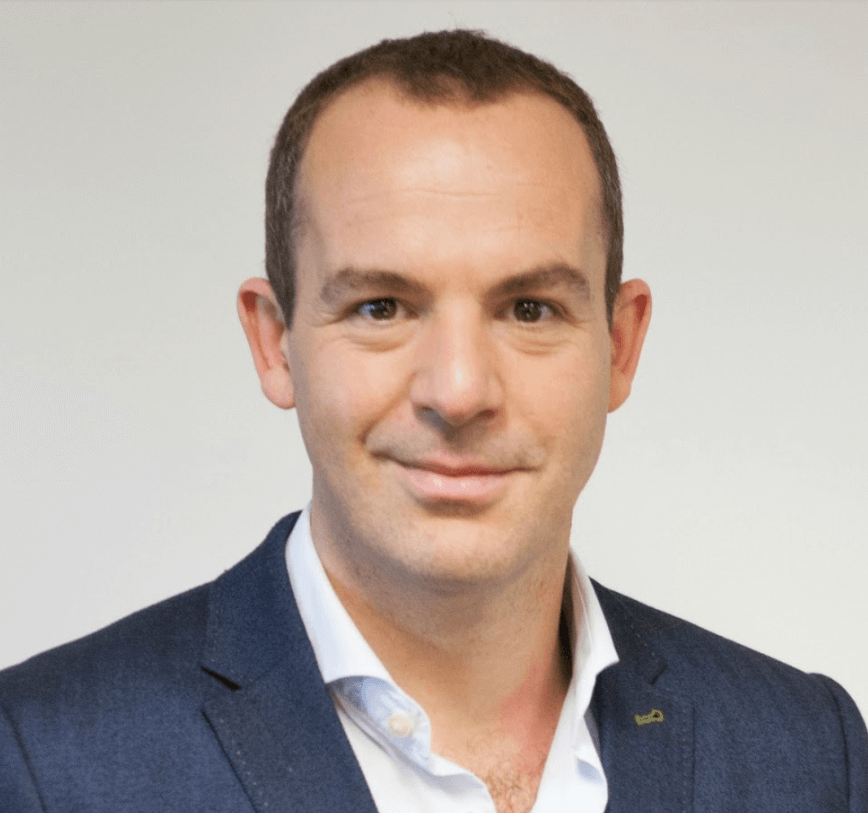
Martin Lewis, Founder and Chair, Money and Mental Health
Martin Lewis: The fight to divorce mental health and debt
16 July 2018
Mental health and debt are a marriage made in hell. You are up to four times more likely to be in debt crisis if you or your partner has a mental health issue. The treatment time for clinical depression is said to be exacerbated by up to 18 months if you also have financial issues.
Over the years my passion to divorce these two issues has grown. Nearly a decade ago now I published the first practical guide to mental health and debt. Then two years ago, I was in the fortunate position to be able to found the Money and Mental Health Policy Institute charity, and I have committed to fully funding it for at least its first four years.
I’m incredibly proud of the work the team there is doing to improve the situation. It’s already paying huge dividends. I recently wrote the chairman of trustees’ statement, and their achievements demanded a wider voice, so I wanted to put it here to do that…
Chairman's statement
The Money and Mental Health Policy Institute has, in just two years, established itself as an authoritative voice, making headlines, shaping policy and providing thought leadership that’s changing, and in some cases, even saving, lives. It has become the go-to organisation for high-quality research and practical solutions to the toxic link between financial difficulty and mental health problems.
Given all it has achieved so far, it’s easy to forget that the institute is still so new. This annual review is a helpful opportunity to reflect on its rapid progress, celebrate milestones and share some plans for the next stages.
Last year Money and Mental Health won a key policy commitment from the Prime Minister to wipe charges for the ‘debt and mental health evidence form’. This year’s triumph was that, after a high-profile campaign working with a cross-party group of MPs, we secured a Recovery Space extension of the Breathing Space debt-respite scheme to people using NHS mental health crisis services, so that people cannot be harassed by creditors when at their most vulnerable. This is a huge win, and one we are confident will truly save lives.
Overall our work has focused on three areas where we believe we can make the greatest impact:
- Fair consumer markets: The institute has demonstrated how mental health problems affect the way we choose, use and pay for services and kick-started the development of some of the adaptations that would help.We piloted and evaluated our own tool to evidence the benefits of spending controls and worked with major banks to support the introduction of new tools and processes such as carers’ cards. We were delighted to see the Government and regulators respond to this evidence and our call for minimum standards across essential-service markets for consumers with mental health problems.
- Effective services: As well as the breathing space extension, we also secured new national guidance to all local authorities in England recommending that they collect data on financial difficulty, so they can better understand local mental health needs.We also launched new research setting out how mental health professionals are left fighting fires – completing benefits paperwork or calling off the bailiffs – rather than spending clinical time focusing on service users’ mental health.
- Sustainable incomes: Here we focused on the role of employers to support people with mental health problems to maintain a decent income, publishing new research on the impact of money worries in the workplace, and working with large organisations to inform how they support their staff.
As always our approach is to work in partnership with both those providing services and those using them, to find what really works.
I’m proud that the Money and Mental Health Policy Institute continues to provide a powerful platform for voices that are otherwise rarely heard. Central to this is our wonderful Research Community (click the link to join it), a group of 5,000 people with personal experience of mental health problems, or of caring for someone who does, who are at the heart of everything we do. They should be collectively and individually proud to be behind many of the sparks of inspiration that then generate change.
And now, like the Oscars, the thank-yous – not done as it’s good form but as it’s heartfelt. Thank you to the Research Community for trusting us with their stories, the advisory board for their knowledge, vice-chair Richard Lloyd and all my fellow trustees for their continued expert engagement, to Simon Crine, who steered the ship through most of this year, and Polly Mackenzie, who was at the helm from our inception, Helen, Katie, Samantha and the outstanding team behind them for their energy, diligence and spirit.
We look forward to continuing to work together, and making further progress in 2018.
Martin Lewis
